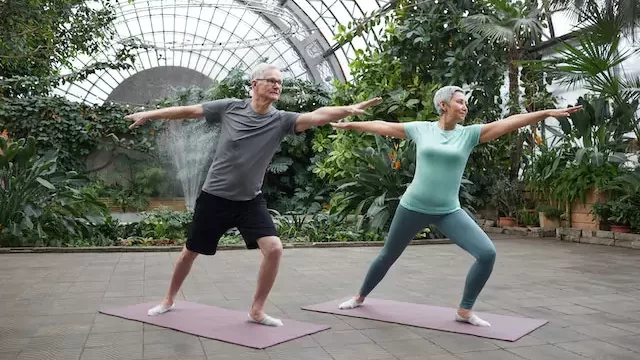Your wedding day is one of the most important days of your life, and you want to look and feel your best. Getting fit for your wedding day takes time and effort, but it’s worth it. With a little planning and discipline, you can achieve your fitness goals and feel confident walking down the aisle.
This guide will walk you through everything you need to know to get fit for your wedding day. We’ll cover topics like creating a workout plan, diet plan, and lifestyle changes. We’ll also provide tips on staying motivated and avoiding common pitfalls.

Creating a Workout Plan
The first step to getting fit for your wedding day is to create a workout plan. Your workout plan should be tailored to your individual needs and goals. Consider your current fitness level, how much time you have to work out, and what types of activities you enjoy.
A good workout plan should include a mix of cardio and strength training. Cardio exercises help to burn calories and improve cardiovascular health. Strength training exercises help to build muscle and improve bone density.
Here is a sample workout plan for brides and grooms:
Monday: Cardio (30-45 minutes) + strength training (30 minutes)
Tuesday: Active recovery (yoga, Pilates, stretching)
Wednesday: Cardio (30-45 minutes) + strength training (30 minutes)
Thursday: Active recovery (yoga, Pilates, stretching)
Friday: Cardio (30-45 minutes) + strength training (30 minutes)
Saturday: Active recovery (yoga, Pilates, stretching) or rest day
Sunday: Rest day or active recovery (yoga, Pilates, stretching)
You can adjust this plan to fit your own needs and goals. For example, if you’re new to exercise, you may want to start with shorter workouts and gradually increase the duration and intensity as you get fitter.
Creating a Diet Plan
Another important part of getting fit for your wedding day is creating a healthy diet plan. Eating a healthy diet will help you to lose weight, build muscle, and improve your overall health.
Your diet plan should focus on whole, unprocessed foods. This includes fruits, vegetables, whole grains, lean protein, and healthy fats. You should also limit your intake of processed foods, sugary drinks, and unhealthy fats.
Here is a sample meal plan for brides and grooms:
Breakfast: Oatmeal with berries and nuts, Greek yogurt with fruit and granola, or eggs with whole-wheat toast and avocado
Lunch: Salad with grilled chicken or fish, quinoa bowl with vegetables and chickpeas, or lentil soup
Dinner: Grilled salmon with roasted vegetables, chicken stir-fry with brown rice, or lentil tacos
You can adjust this meal plan to fit your own dietary needs and preferences. For example, if you’re vegetarian or vegan, you can substitute plant-based protein sources for the meat and fish.
Lifestyle Changes
In addition to making changes to your diet and exercise routine, there are a few other lifestyle changes that can help you to get fit for your wedding day.
Get enough sleep. Sleep is essential for muscle recovery and overall health. Aim for 7-8 hours of sleep per night.
Manage stress. Stress can lead to unhealthy eating habits and weight gain. Find healthy ways to manage stress, such as exercise, yoga, or meditation.
Drink plenty of water. Water is essential for hydration and overall health. Aim to drink 8-10 glasses of water per day.
Related:
Conclusion
Getting fit for your wedding day takes time and effort, but it’s worth it. By following the tips in this guide, you can create a workout plan, diet plan, and lifestyle changes that will help you look and feel your best on your big day.
FAQs
How long will it take to get fit for my wedding day?
The amount of time it takes to get fit for your wedding day will vary depending on your individual needs and goals. If you’re starting from scratch, you should aim to start training at least 6 months before your wedding.
What are some common mistakes to avoid when getting fit for my wedding day?
Some common mistakes to avoid include:
- Trying to do too much too soon. This can lead to injuries and burnout.
- Not eating enough. This can lead to muscle loss and fatigue.
- Not getting enough

